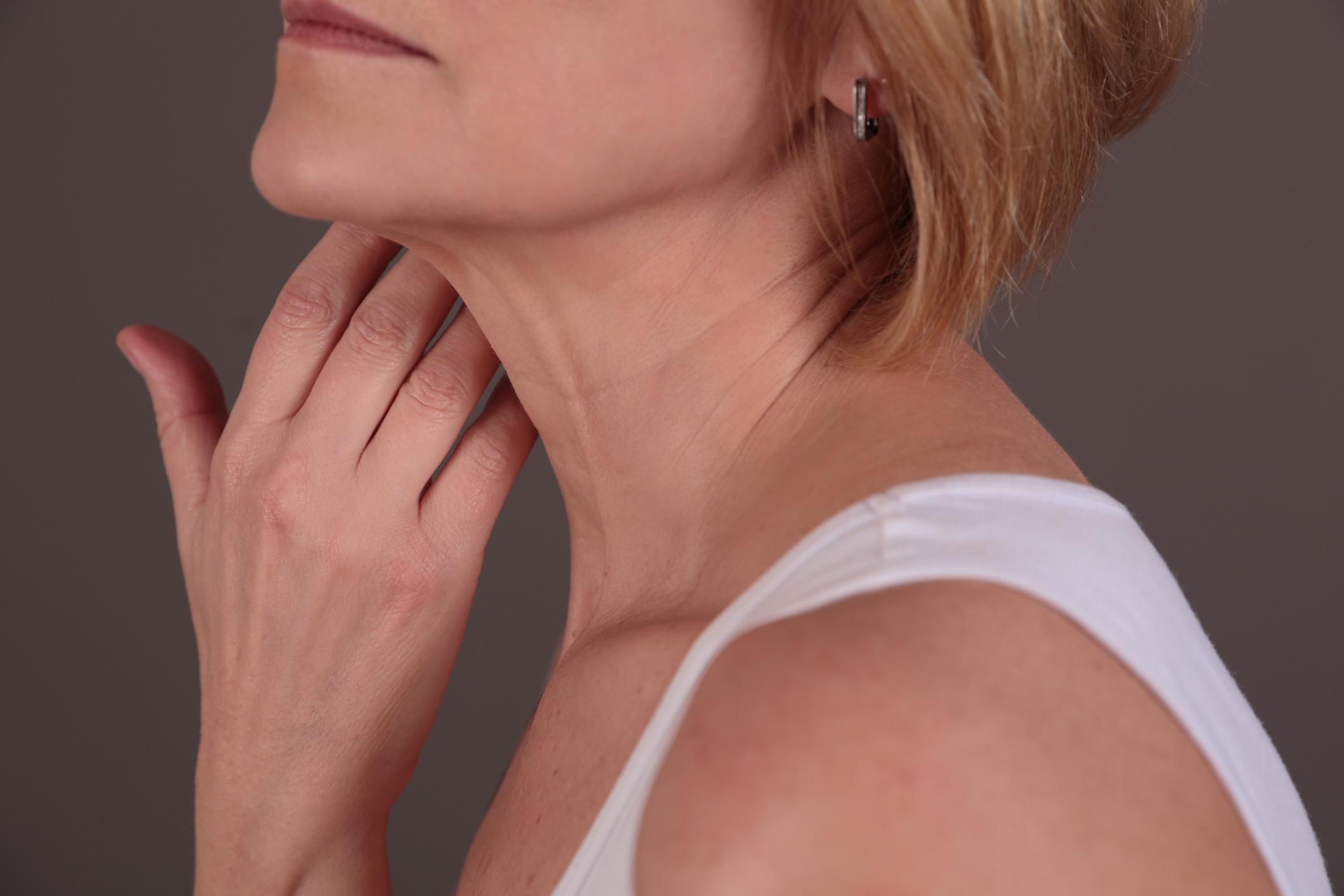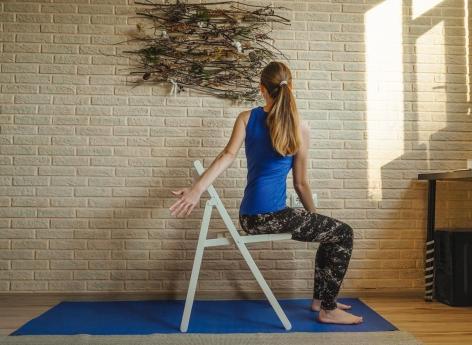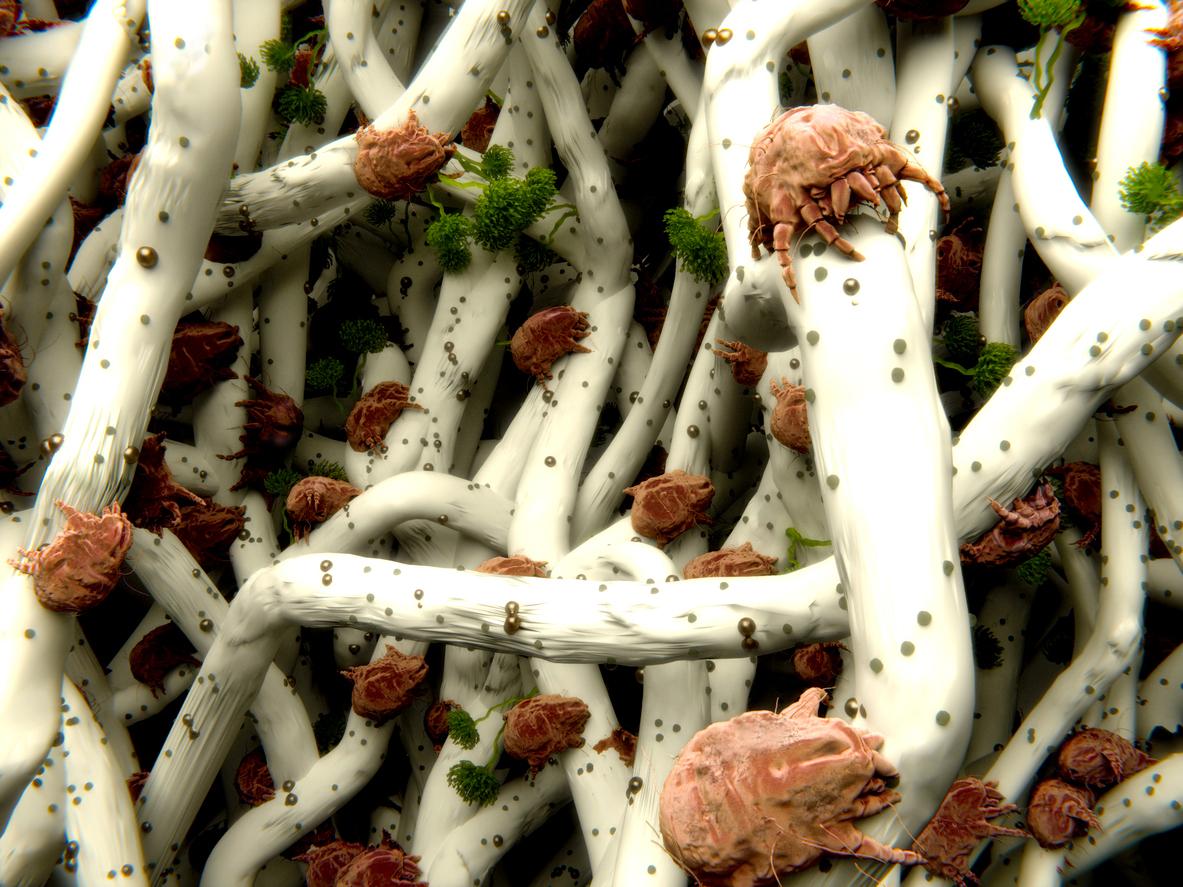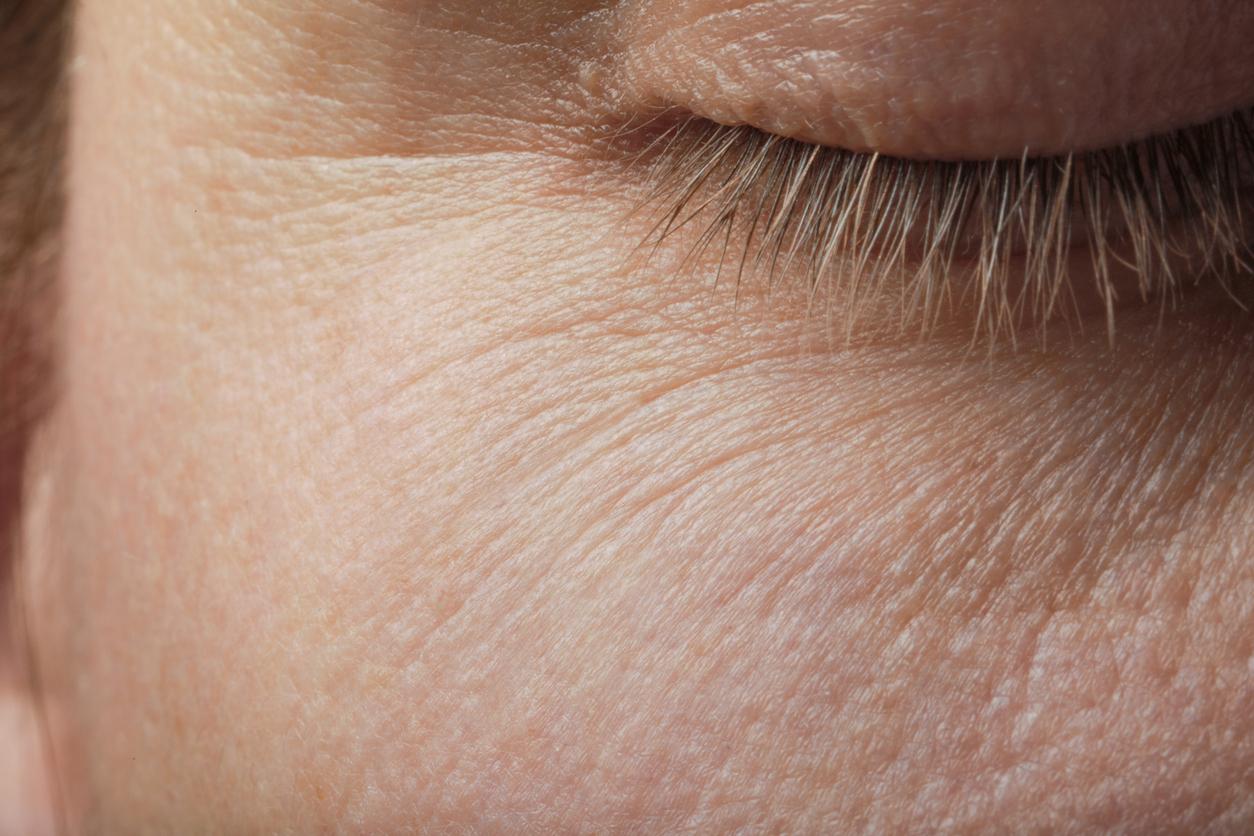Adopting good body hygiene practices is one of the keys to good health.
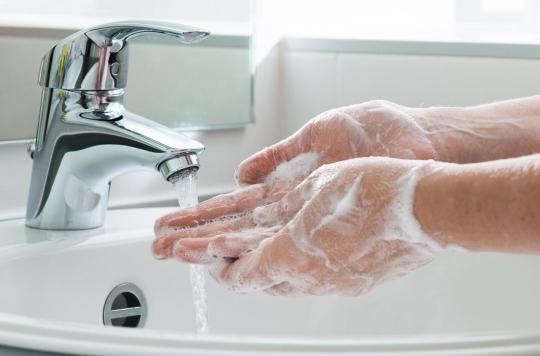
- Hygiene is a set of measures aimed at preventing infections and the onset of infectious diseases, according to the WHO.
- French women are cleaner than men, since 80% of them declare that they wash daily, compared to 73% for men (Ifop study)
Hand washing, wearing a mask, isolating sick people, sneezing into your elbow… the Covid-19 epidemic will have had the merit of putting hygiene back at the center of health prevention.
The most efficient
Indeed, hygiene is an essential basic practice for everyone and a few simple recommendations allow you to evolve in a healthy environment.
First, the gesture the most obvious and the most effective to prevent the spread of disease: hand washing.
While there could be an eighth wave of coronavirus this fall, the Ministry of Health and Prevention recalls that systematic hand washing with water and soap (preferably liquid) or, failing that, with a hydro-alcoholic solution is essential, especially before certain situations, such as caring for a baby, preparing meals , serve them or eat them.
Wash hands before and after
But you also have to wash your hands afterwards. For example, when blowing your nose or after coughing or sneezing, visiting a sick person, taking care of a baby, after each outing, after taking public transport, arriving at the office or at home, or going to the toilet.
These recommendations are supported by numerous studies, including one conducted by a team from University College London which showed that washing your hands between six and ten times a day was linked a 36% reduction in the risk of contracting the Coronaviruscompared to people who washed their hands less than five times a day.
Not necessary
Hygiene also involves washing the body, which eliminates dead cells and bacteria that can cause rashes and skin problems.
From a medical point of viewit is not necessary to wash the whole body every day: if it is useful to refresh daily the parts that secrete the most odor such as the armpits, the genitals and the feet, the recommendation is to shower entirely only once or twice a week for people who have a normal activity.
Fight against germs
The fight against germs and bacteria also involves cleaning our living spaces.
It is advisable to clean the place where you live every week, especially in the bathroom and kitchen which are conducive to the development of bacteria: do the dishes after each meal, regularly clean kitchen surfaces and equipment, wash the bathroom sink daily… are all habits to adopt.
5 times more polluted
Ventilating your home for at least ten minutes morning and evening is also very important.
Indeed, while we spend at least 80% of our time in closed places (transport, office, house) the air there is up to 5 times more polluted than outside, it is therefore necessary to renew the indoor air to avoid developing respiratory diseases such as asthma or allergies.
This habit within everyone’s reach is fortunately adopted by most French people, 80% of whom declare that they ventilate their accommodation at least once a day, according to an IGC-Harris Interactive survey







